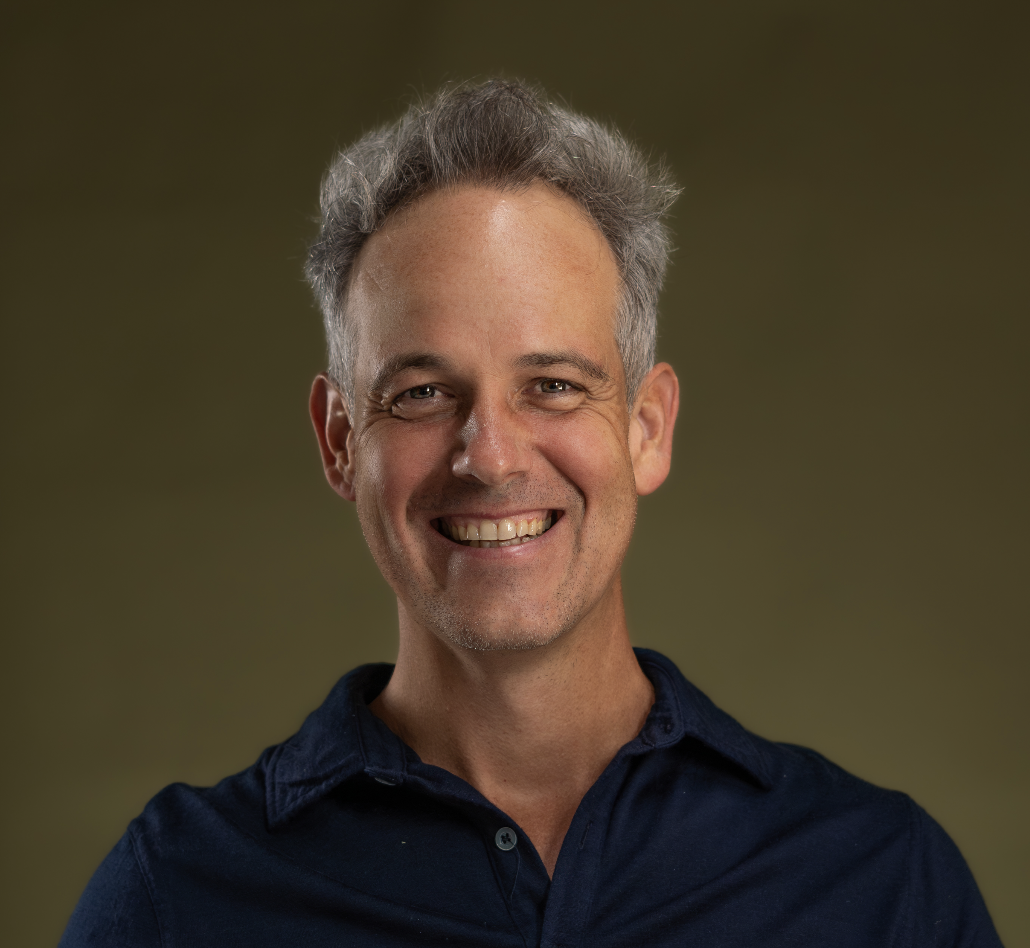My calendar is a nightmare. A typical week is peppered with:
- ad-hoc meetings with internal team members to discuss project work;
- weekly operations meetings with multiple project teams;
- meetings with key partners and clients;
- meetings with prospective clients;
- Skype calls and coffee meetings to build relationships / my network;
- non-work related tasks that need my direct involvement (we've just finished renovating a house, and it's been intense)
- gym sessions;
- hour-long meetings with myself to protect my diary so that I can get specific work items done; and
- evening events/dinners
On a typical day I find myself battling the priorities of my calendar, whatever email communication comes in, and whatever daily events may unfold. It gets pretty intense, and i've felt the need to re-look the approach to my work day. I want to take back control and feel like I own my days!
As a business owner I have a responsibility to myself to do work that it relevant to my position, as well as collaborate with others on multiple projects. Yes these two types of work - work that is done in isolation, and work that is done in collaboration - are often in competition with one another. But you don't have to be a business owner to feel the conflicting requirements between these two categories of work. To some extent all of us need to do work on our own, as well in collaboration with others. And without adding rigour to our day, it is often the latter - work that needs to be done with others, and often is organised by other people - that wins the battle for our time.
No more.
I came across a great article on Lifehacker about how to rethink the eight-hour work day. There are 4 great points of advice at the end of the article:
- Manually increase the relevance of a task
- Split your day into 90 minute windows
- Plan your rest so you actually rest
- Zero notifications
When discussing this article with a colleague, he mentioned some research that revealed the work routine of high-performance executives as follows:
Wake up at 5:30am - do some work - take kids to school/engage with family - arrive at work - do 2 blocks of 90-minutes of important work - take lunch - spend the afternoon in meetings.
Interesting schedule. I particularly like the split between doing isolated work in the morning, and engaging with others via meetings in the afternoon.
On further thought, I realised one of my major productivity issues is that I default to my email and project task list whenever I am wondering what I need to do next. This is great for getting quick tasks out the way, and consequently feeling like i'm making progress, but it's an absolute productivity killer for getting any significant body of work done. I need to implement discipline in the way that I engage with my email.
So, with all of these issues in mind, I have re-invented my work day according to the following principles:
- My best work is done in the morning. So i'll do it then.
- A disciplined daily scheduled will give me the ability to focus and, counterintuitively, give me more freedom. I will implement a disciplined scheduled. See disciplined routine below.
- In general, notifications are unacceptable interruptions. All my iPhone notifications are switched off. I'm going to keep my email "unread message counter" out of site.
- It is acceptable to respond to emails up to 24 hours after they have been received.
- I'll do over 10 hours work a day, but I'm not going to do work after 6pm. This is a major consideration for me, because i'm a workaholic, but i'm going to try!
And so... here is the daily work routine i'll be trialling from 1 August. I'm using July to move towards this system because it is a major change that needs to be managed:
- 06:15 Wake up
- 07:00 Check and respond to emails
- 07:30 Use task list and calendar to plan work for the morning. Chunk up tasks into 30-minute activities.
- 08:00 Execute on planned work items. No interruptions.
- 12:00 Lunch
- 12:30 Check and respond to emails
- 13:00 Attend scheduled meetings
- 15:00 Check and respond to emails
- 15:30 Attend scheduled meetings
- 17:30 Create tasks list from meeting outcomes
- 18:00 Home time / evening activities
Wish me luck.
I'd love to hear how you manage your daily routine? What works and what doesn't work, and why?


